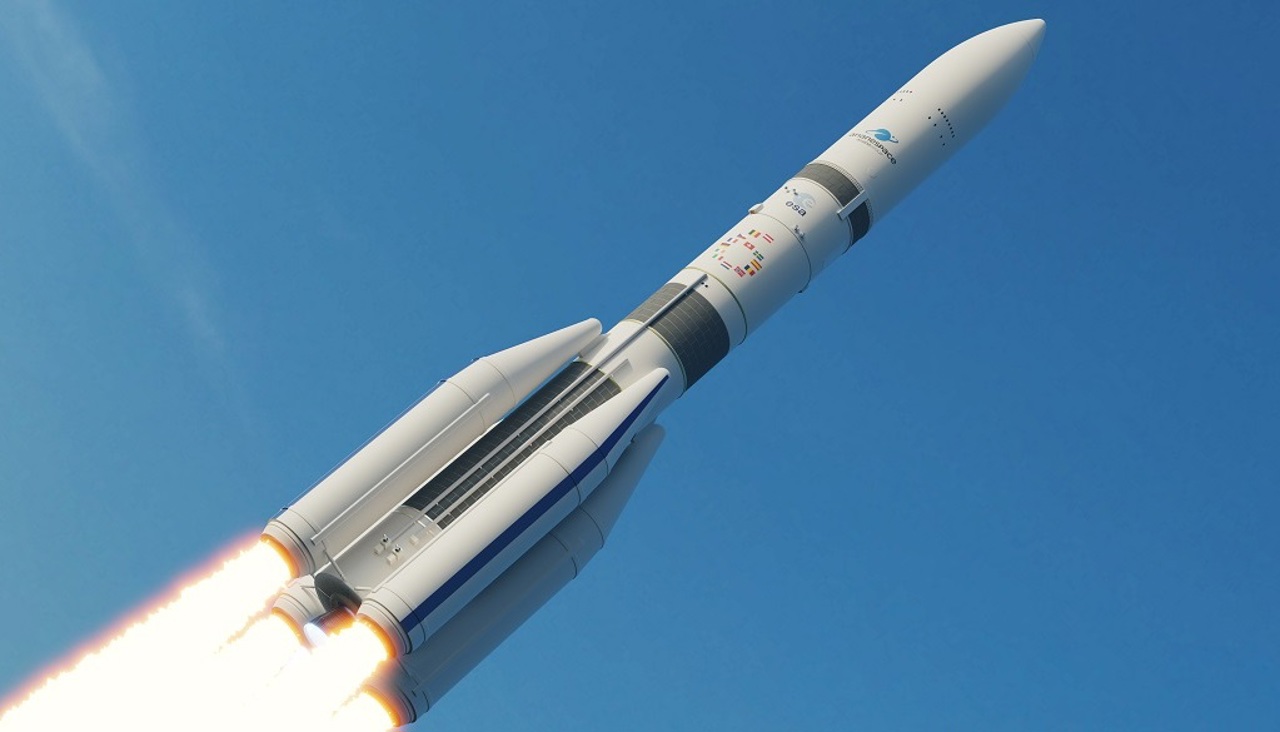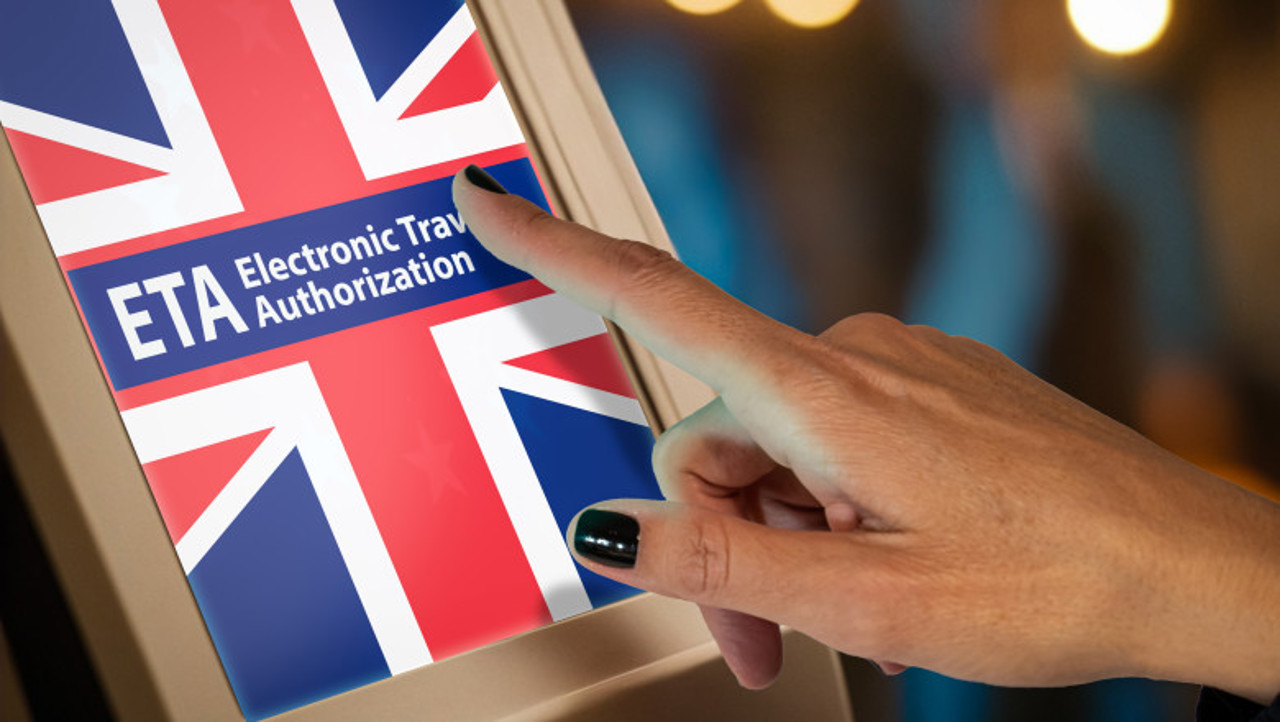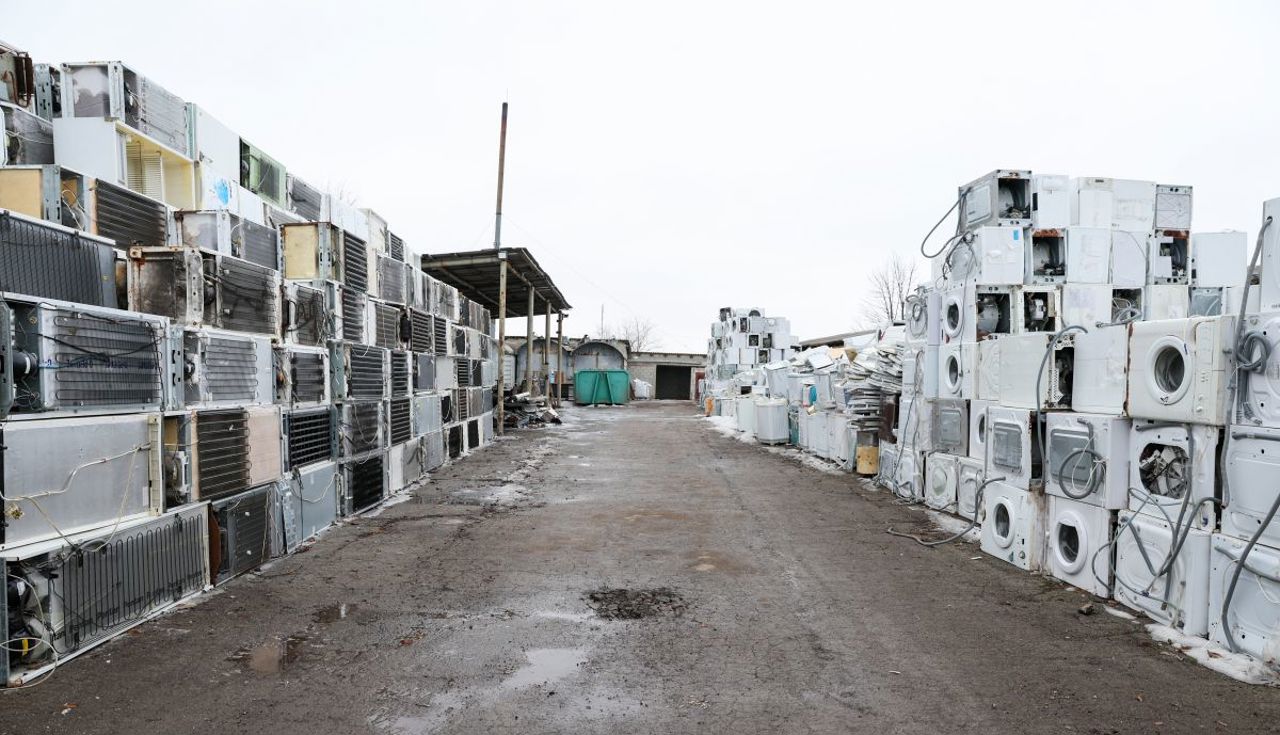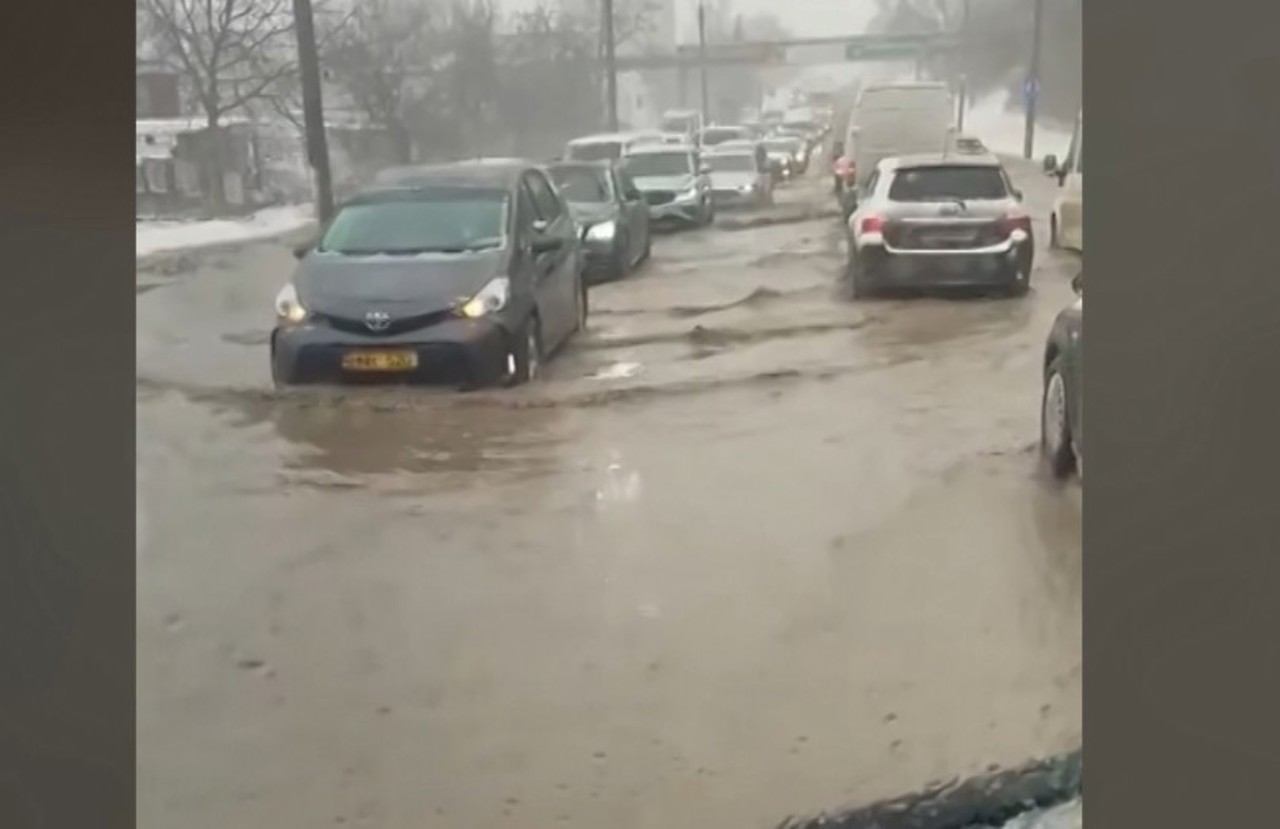Italy, France and Germany agree on launches of Ariane 6 and Vega-C
Italy, France and Germany on Monday have reached a deal to immediately unlock launches of Ariane 6 and Avio’s Vega-C rockets, Italy’s industry minister said in a statement, Reuters reports.

The trilateral declaration was signed by Italy’s Adolfo Urso, French Economy Minister Bruno Le Maire and German Vice-Chancellor Robert Habeck at the European Space Agency (ESA) mid-term ministerial summit in Seville, in Spain.
Europe’s top space official said last week there was “light at the end of tunnel” in efforts to bring the delayed Ariane 6 to the launchpad and restore Europe’s independent access to space, after the new heavyweight launch vehicle had been delayed by technical glitches.
The 22-nation European Space Agency (ESA) is holding ministerial talks in Seville on Monday followed by a joint session with the European Union on competitiveness in space on Tuesday, dominated by the rapid growth of Elon Musk’s U.S.-based rival SpaceX. The two-day “Space Summit” comes as Europe faces a gap in autonomous access to space after delays to the new Ariane 6 rocket, combined with a grounding of the smaller Vega-C and severed access to Russia’s Soyuz due to the war in Ukraine. Ministers tried to resolve tensions among leading space nations France, Germany and Italy over launcher policy including medium-term funding for Ariane 6, which is now due to stage its first test launch in 2024, four years behind the original plan. Speaking ahead of the Seville meeting, ESA Director General Josef Aschbacher declined to comment on the talks but urged Europe not to repeat past mistakes in the technology sector.
“The space economy is growing … Not participating in this would be, in my opinion, strategically very difficult to justify,” Aschbacher told the AJPAE French media association.
Two decades ago, Europe had been not far from the United States or Japan measured by patents and intellectual capability. “Today, the biggest IT companies are not in Europe. Some are in the US, some of them in China. We have missed the train. Quantum technology is a similar example where we’re now trying to catch up,” he said.
Europe has carved out a leading role in climate observation, navigation and space science but has not targeted a prime role in human exploration, opting instead for a junior role in projects led by U.S. space agency NASA or until recently Russia.






